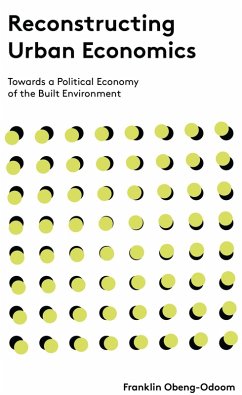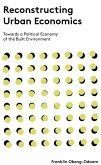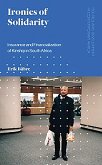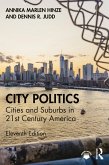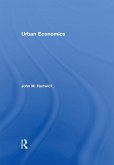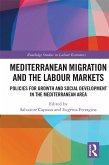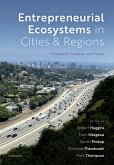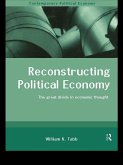Neoclassical economics, the intellectual bedrock of modern capitalism, faces growing criticisms, as many of its key assumptions and policy prescriptions are systematically challenged. Yet, there remains one field of economics where these limitations continue virtually unchallenged: the study of cities and regions in built-environment economics.
In this book, Franklin Obeng-Odoom draws on institutional, Georgist and Marxist economics to clearly but comprehensively show what the key issues are today in thinking about urban economics. In doing so, he demonstrates the widespread tensions and contradictions in the status quo, showing how to reconstruct urban economics in order to create a more just society and environment.
In this book, Franklin Obeng-Odoom draws on institutional, Georgist and Marxist economics to clearly but comprehensively show what the key issues are today in thinking about urban economics. In doing so, he demonstrates the widespread tensions and contradictions in the status quo, showing how to reconstruct urban economics in order to create a more just society and environment.

